The Zookeeper's Wife movie review: A story that needs to be known

Niki Caro's adaptation of Diane Ackerman's non-fiction book by the same name, The Zookeeper's Wife is possibly the most easily consumable of all war dramas. While that could work against the film, for not being 'objective' enough, it breathes life into characters beyond the reality of war, and that's rare.
The story, a little-known real-life tale of a couple running the Warsaw zoo around the time of the World War II, stars Jessica Chastain as the wife Antonina Zabinski and Johan Heldenbergh as zookeeper Jan Zabinski.
The year is 1939 in Warsaw, Poland. The war is well on its way. But the zookeeper and his wife still lead a beautiful idyllic life. Antonina has a way with the animals – they often flock to her for comfort, and sometimes even otherwise.
The viewers are treated to stunning majestic creatures that seem very well taken care of. Creatures that the viewer knows may not survive. The transition from a peaceful society to one of war is sudden, as very soon into the film, Jan and Antonina's paradise is bombed.
The film is well shot. It establishes the time convincingly, providing a certain believability to the humane zoo and the characters associated with it.
Who pays for war?
In most war dramas the action is at the borders, between men who got dragged into war young, losing their lives almost pointlessly. In films about the Holocaust though, the focal point is always the ghetto or concentration camps.
That's not true for The Zookeeper's Wife, as it attempts to narrate a poignant tale about the war, one where over 300 people were rescued from ghettos by the Zabinskis, and how almost all of them made it out alive. Instead of telling their story from the ghetto though, the film focuses on the couple, the zoo, the rescues, and the trauma war leaves in its wake.
In one of the most heartbreaking scenes in the film, Jan rushes through a crowd lining up to get into trains, to be taken to concentration camps. The viewers know their history enough to know what horror awaits the thousands filing into goods carriages.
He offers to save another life, a man who tells him that he must not cause fear – for little children are listening. The children, each seeming smaller than the last one, raise their arms to be picked up and thrown into this carriage of doom. They believe in a better future, and Jan must comply.
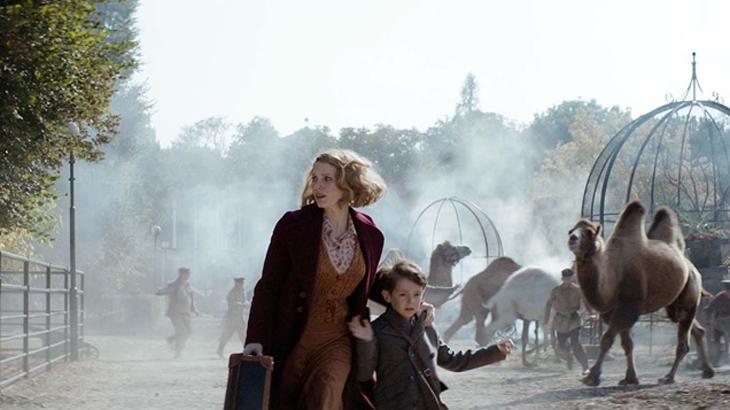
Women in war
The film hits at a hard truth. Which is that there's no victor in war. The Zabinskis may face no persecution as they're not Jews, but their prized animals go from being tourist attraction to stuffed showpieces overnight.
And much like the animals, who are seen as collateral damage, the women too become pawns for power play. There has not been a single episode in history where women weren't exploited, violated to establish power.
The Zookeeper's Wife, in this context of war, fascinatingly, tells the story from a woman's perspective. A woman who shows tremendous strength in hiding people in her home, a home that's a sanctuary not only for animals, but all those who need shelter.
She is frightened, vulnerable, but not willing to give up on fellow human beings. Even when she knows that the only price to pay for being caught is to submit her body, or life. Chastain plays this role with conviction, with nuance that is important to tell the story of an amazing woman in history. A woman who is not known in too many other narratives, but definitely deserves the recognition.
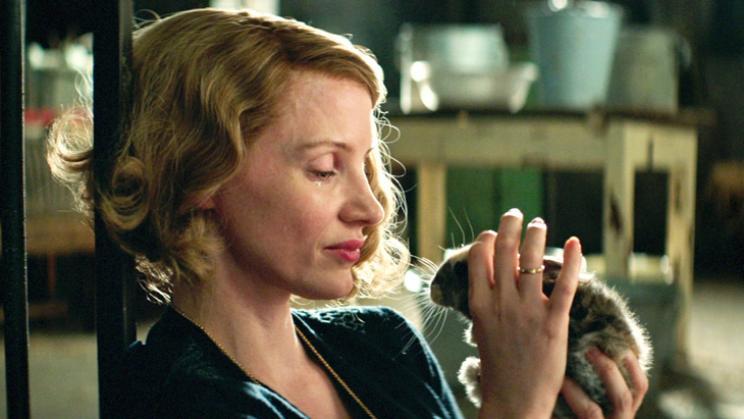
Should you watch it?
Yes, absolutely. The Zookeeper's Wife isn't a war drama that is a hard watch. But that doesn't mean it won't trouble you. Besides, this is a story everyone needs to know.
Rating: 4/5
First published: 21 April 2017, 1:08 IST

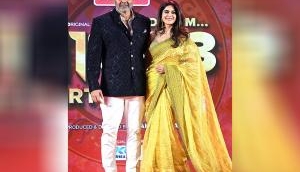

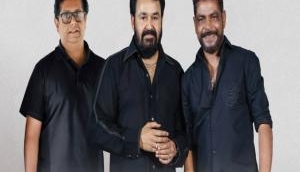

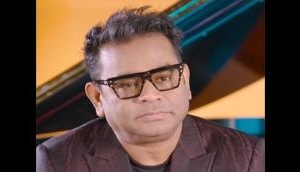
![BJP's Kapil Mishra recreates Shankar Mahadevan’s ‘Breathless’ song to highlight Delhi pollution [WATCH] BJP's Kapil Mishra recreates Shankar Mahadevan’s ‘Breathless’ song to highlight Delhi pollution [WATCH]](https://images.catchnews.com/upload/2022/11/03/kapil-mishra_240884_300x172.png)

![Anupam Kher shares pictures of his toned body on 67th birthday [MUST SEE] Anupam Kher shares pictures of his toned body on 67th birthday [MUST SEE]](https://images.catchnews.com/upload/2022/03/07/Anupam_kher_231145_300x172.jpg)






